Lifestyle
Important medical tests that your elderly needs
9958 Views
0
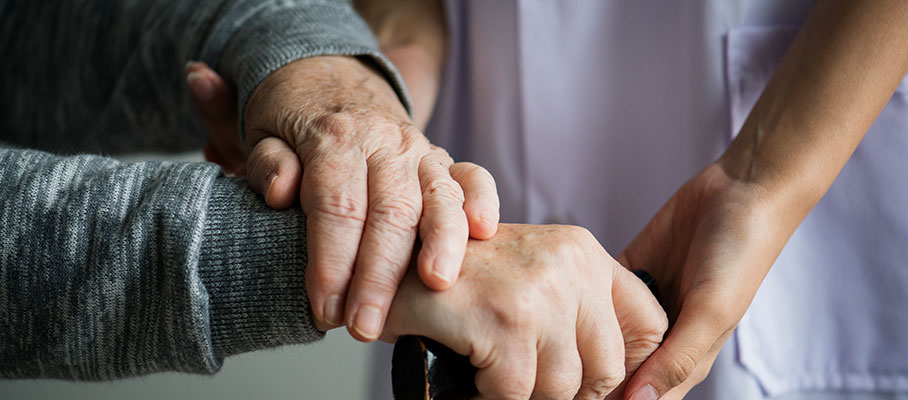
Health tests for seniors
Health tests for seniors
Are you caring for an elderly at home? Confused about how to take care of them in a better way? And most importantly, do you think they don't need anything as they aren’t asking?
Either you want to identify their unmet needs or you want to be on the top with taking their care, one thing which you must do is to take a proactive approach. This holds true for almost every aspect of life- it could be their day-to-day activities or occasional engagements. But more so, when it comes to the health needs. Your elderly might not reach out to you to get a health screening done or consult a doctor until something is upsetting repeatedly, grossly! But that shouldn’t be the case, right? What can you do here? We have a tip: Just anticipate their health needs, take initiatives, and do what you need to do even before something starts bothering them or they have to reach out to you.
Looking for help to help your seniors stay healthier and happier? Then, read on to know what medical checkups or tests are required for older adults (you can thank us later!):
- Bone density check: The bones tend to lose essential minerals like calcium and phosphate in place of retaining them as aging occurs. This means bones, joints and muscles get weaker, which in turn affects your posture, strength, and movement. Schedule a bone density scan for your seniors to know about their bone health. Also, vitamin D helps your body absorb more calcium and also keeps your muscle movement intact. So, it is very important to check the body's vitamin D level and replenish it if required.
- Diabetes: The risk of getting diabetes increases with the advancing age. In most simple words, diabetes means having higher than normal sugar (glucose) levels in the blood. Do you know India is already home to 72 million diabetics?[1] This is a health threat that not only older adults but young people also need to be well-aware of. High sugar levels impact almost every vital body organ, including heart, kidneys, and brain. In fact. uncontrolled diabetes is a prime risk factor for heart disease.
Make sure to get your elderly’s blood sugar tested every 3-6 months. If they have already been diagnosed with diabetes and taking medicines, keep monitoring their health status through a HbA1c test, at a frequency advised by the doctor. An HbA1c test measures average blood sugar for the past 2-3 months and gives directions on treatment and lifestyle changes.
- Blood pressure: You must have heard from your elderly that they get to know when they are having a high blood pressure (BP). However, the truth is high BP often does not show any symptoms, and that is why medical experts call it a silent killer. Do not wait for them to blame the high BP for that morning headache, get their BP checked during routine health checkup. You can do that with the help of a blood pressure monitor at home too. This is especially important if they are overweight, have diabetes, or any other heart-related condition.
- Cholesterol levels: Cholesterol is a fat-like substance produced by your liver naturally. Cholesterol is important for maintaining cell health in your body. But, having an excess of cholesterol can cause your blood vessels to clog and pose obstruction to free flow of blood. High cholesterol levels are considered a risk factor of heart attack and stroke. It is thus important to keep an eye on the blood cholesterol parameters and consult an expert if the reports ask so.
- PSA (Prostate specific antigen) test for elderly men: The PSA test is a screening test that checks for prostate cancer. As per age-specific studies, the risk of prostate cancer begins to rise sharply after age 55 years, peaks at 70-74 years, and slightly decreases thereafter.[2]
- Breast cancer and cervical cancer screening: Though breast cancer can affect young women, half of the newly diagnosed cases are seen in women who are over 60 years of age, and more than a fifth are over 70.[3] Also, risk of getting great cancer increases with age. Talking about the screening, a self-examination of breast and mammogram can help detect the disease at an early stage and take the right treatment on time. There is some ambiguity between the medical experts on how often most women need breast cancer screening. The American Cancer Society recommends annual mammograms beginning at age 45, then switching to once every 2 years at age 55 years. On the other side, the US. Preventive Services Task Force calls for screening every other year for ages 50 and above, and then no more after age 75. Women under 50 should consult their doctor about whether they require screening.
Cervical cancer is a type of cancer that occurs in the lower part of the uterus that connects to the vagina (called cervix). There are two tests that help in cervical cancer screening- Pap test and HPV test. While the Pap smear test looks for cell changes on the cervix, the HPV test looks for the virus (human papillomavirus) that can cause cell changes.
Path to a better senior health
Along with scheduling the medical tests and routine health tests on time for your elderly loved ones, make sure to encourage them to eat healthy, avoid smoking, and stay physically active. And most important of all, spend time with them to let them feel cared for!
 Home Visit
Home Visit Upload
Upload









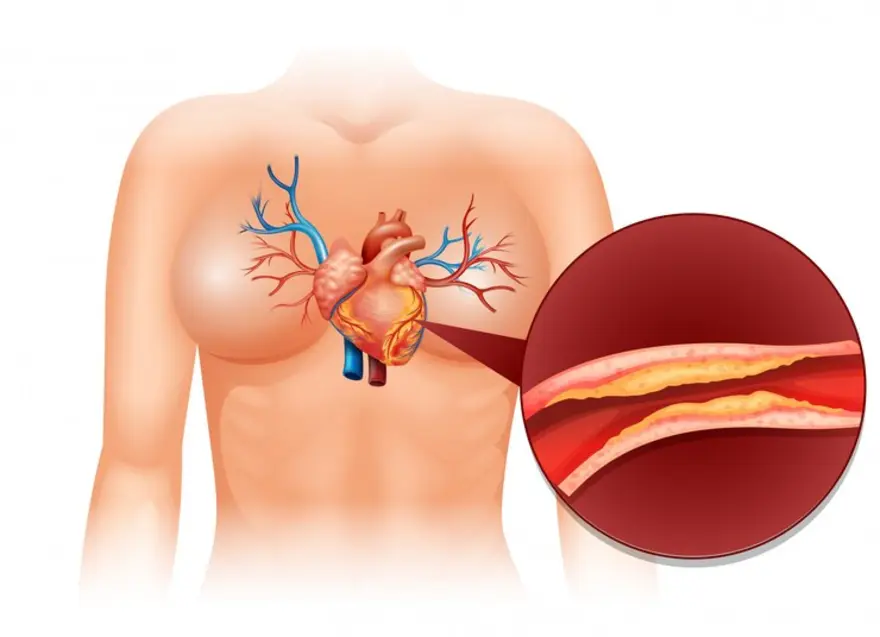
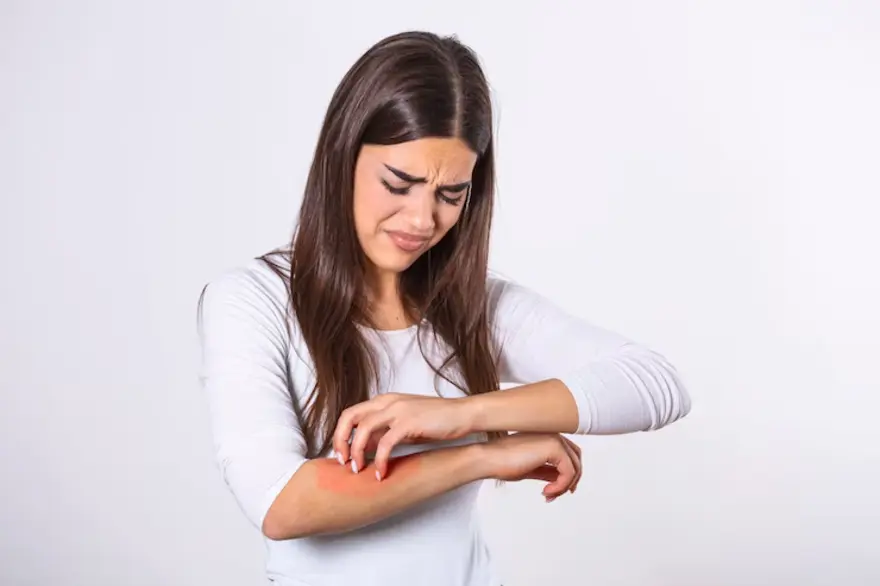
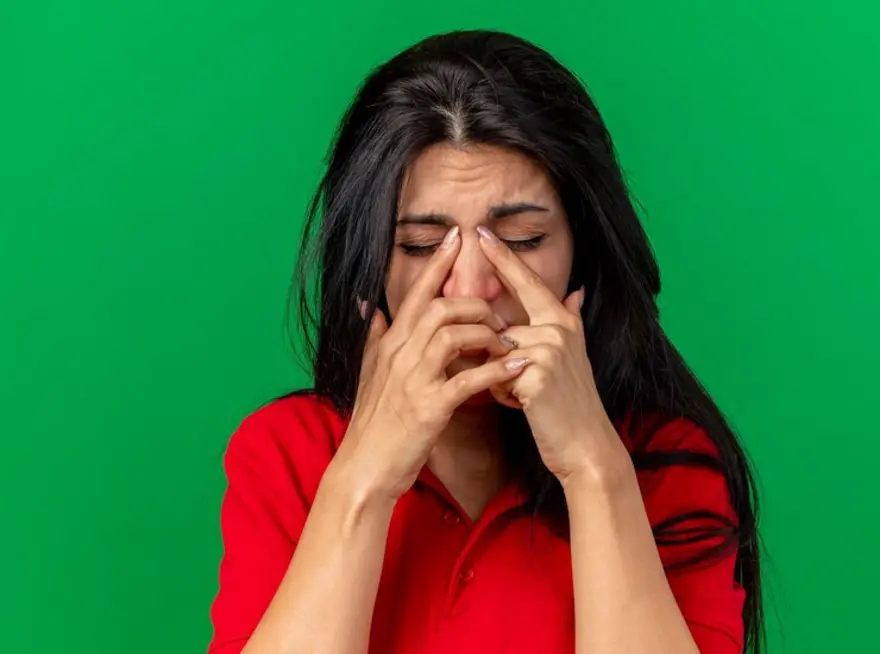

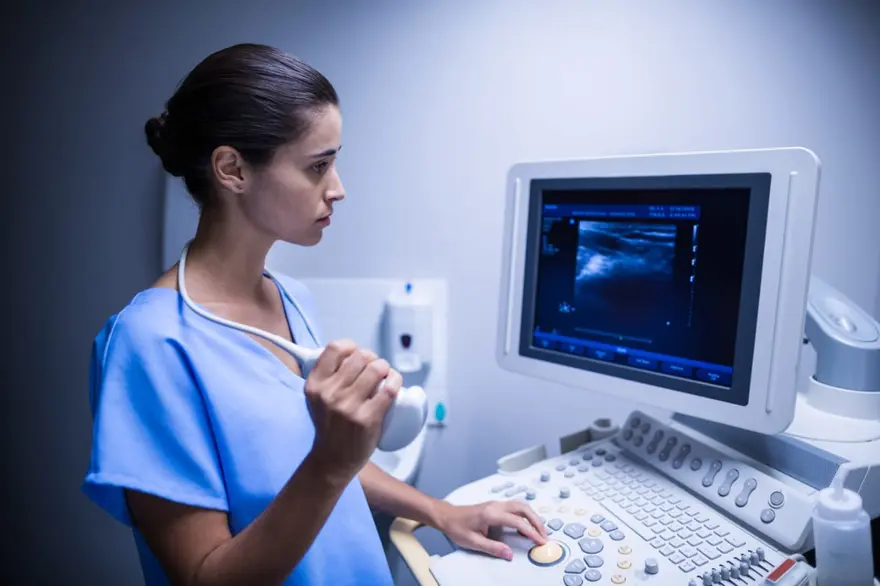
1701259759.webp)









 WhatsApp
WhatsApp